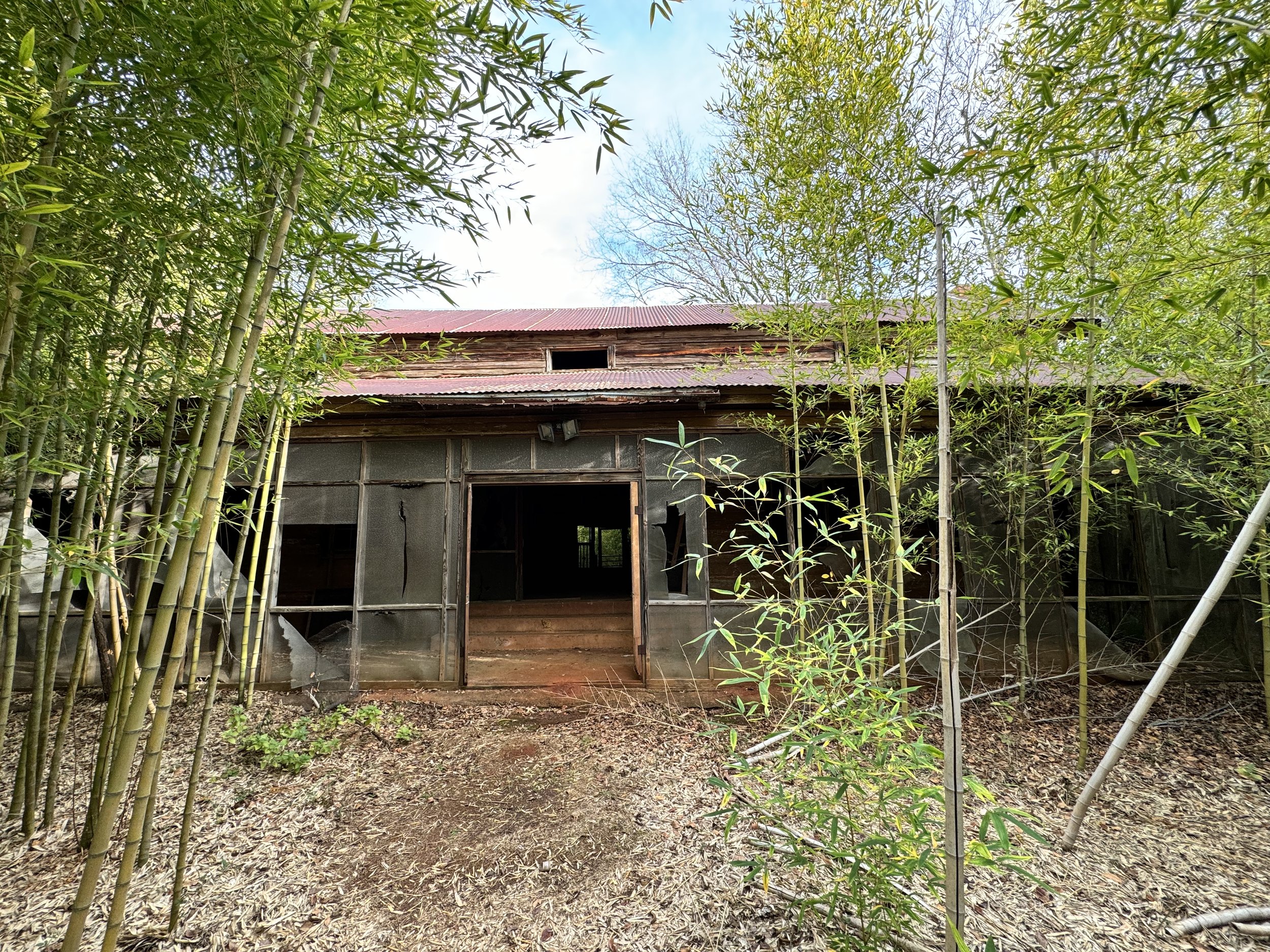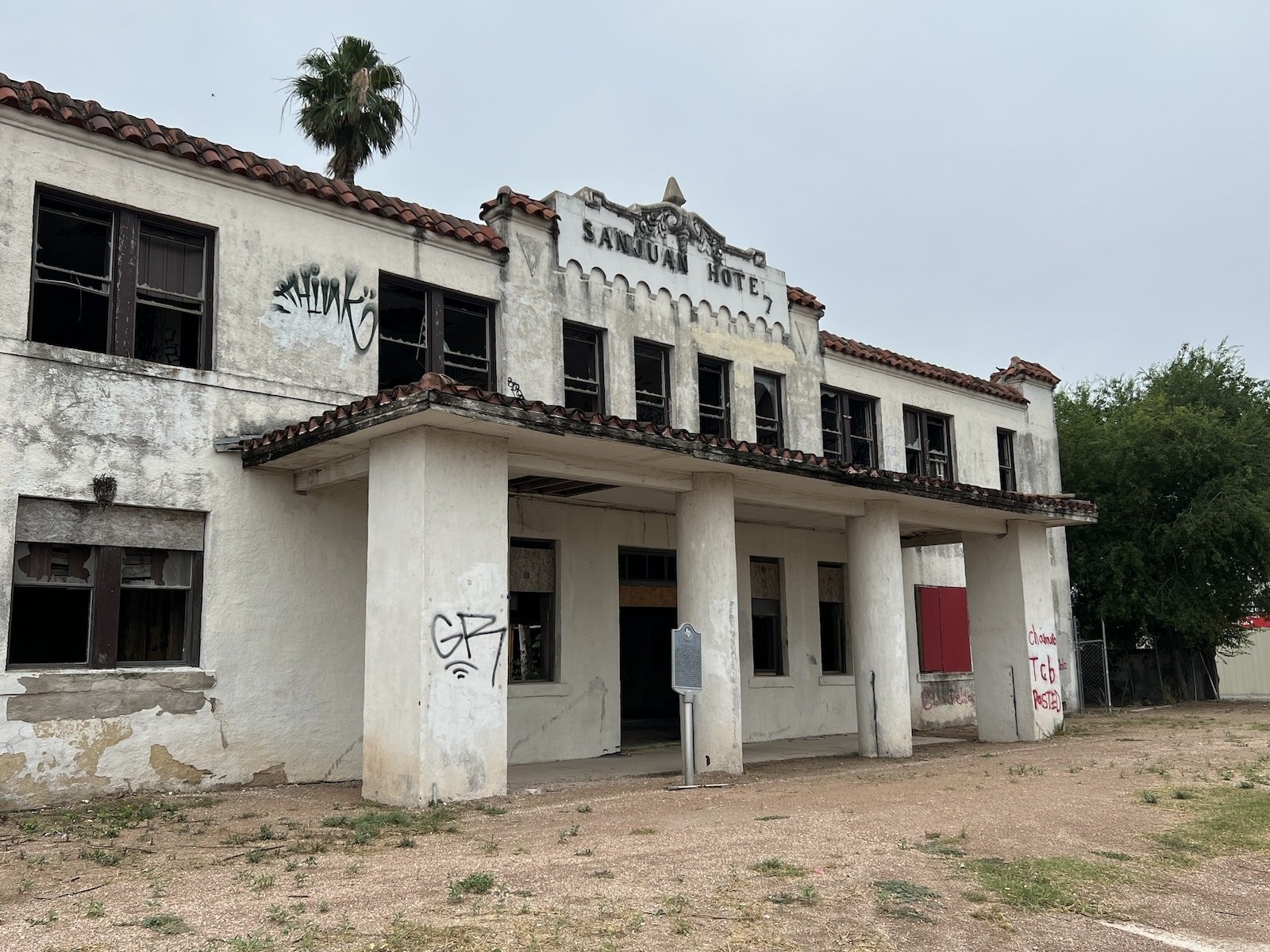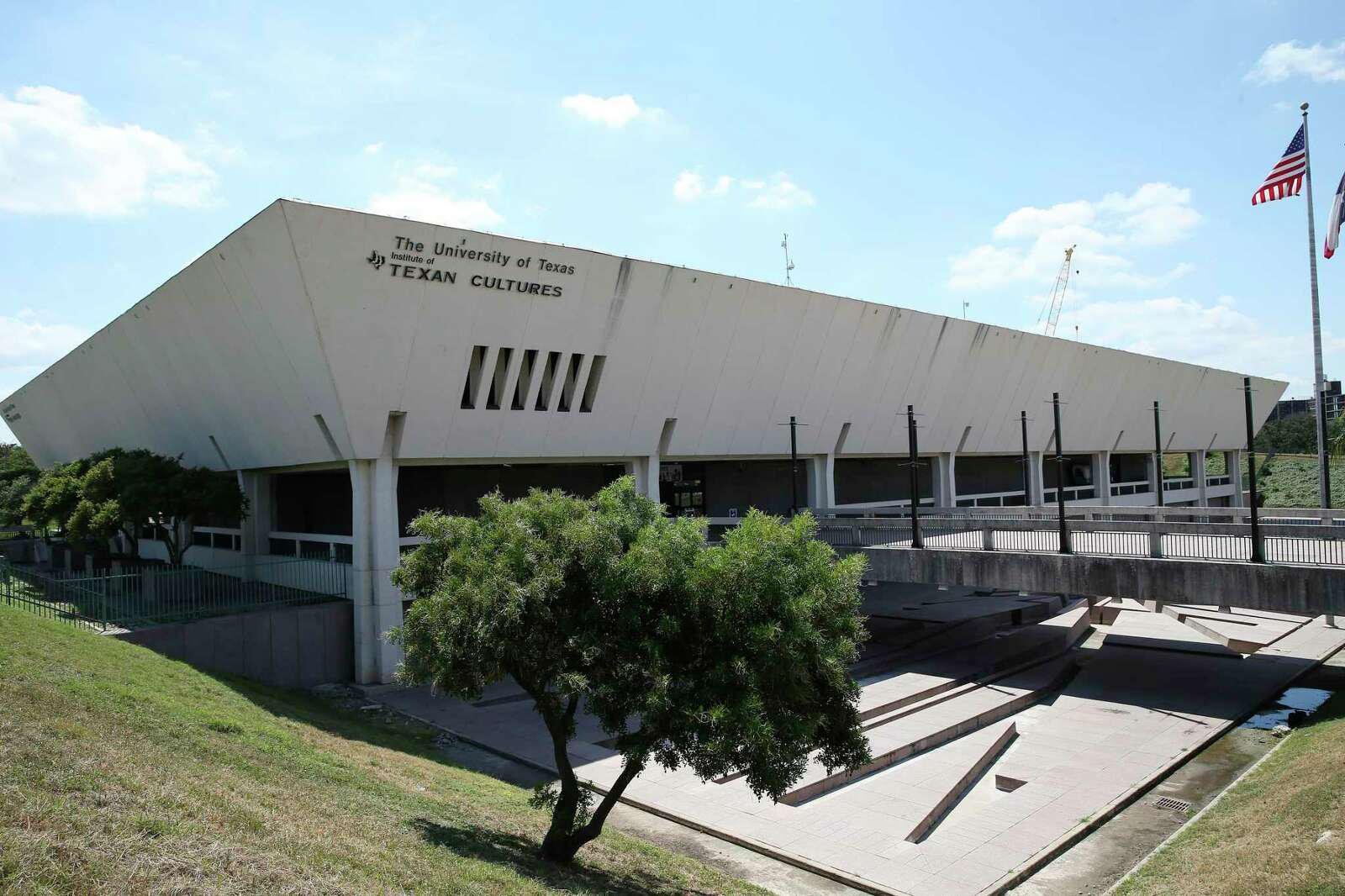Texas's Most Endangered Places List 2024
San Marcos, TX — Preservation Texas has unveiled its annual list of Texas's Most Endangered Places, encompassing 12 individual sites and one cultural landscape across the state. From the indigenous cultural expanse of Indian Hot Springs in Hudspeth County to the 1968 Institute of Texan Cultures Building in San Antonio, the list spans a diverse array of architectural styles and historical significance.
"This year's list represents urban and rural places, offering a cross section of our state's diverse cultural contributions," said executive director Evan Thompson. "Each site presents an opportunity for communities to harness these historic places to fortify their unique sense of identity, foster economic growth, employ preservation tradespeople, and educate present and future generations about Texas's rich history."
Conor Herterich, Preservation Texas's Endangered Properties Program Manager in Tyler, highlighted the list's role in spotlighting worthy preservation projects statewide. "Site stewards and advocates have utilized listings to garner public support, secure funding, and galvanize communities to take proactive measures in safeguarding Texas's historic places."
The threats faced by the sites on the 2024 list are varied, ranging from development pressures like urban expansion and infrastructure projects to deferred maintenance, environmental factors, economic challenges, and legal hurdles. Despite their designation as Recorded Texas Historic Landmarks or listings on the National Register of Historic Places, these sites confront substantial risks. Fortunately, state and federal tax incentives are available to support preservation efforts, offering economic tools to aid those committed to saving these culturally significant buildings.
Explore the 2024 List
Preservation Texas empowers Texans to preserve their cultural heritage, and stewards significant buildings, collections, and cultural landscapes to ensure their permanent protection. Founded in 1985 with headquarters in San Marcos, the statewide nonprofit organization is governed by a volunteer board of directors and has offices in Tyler and El Paso. Preservation Texas is not a government agency and relies on donations, grants, and service fees for its operational support. For more information, visit PreservationTexas.org.













